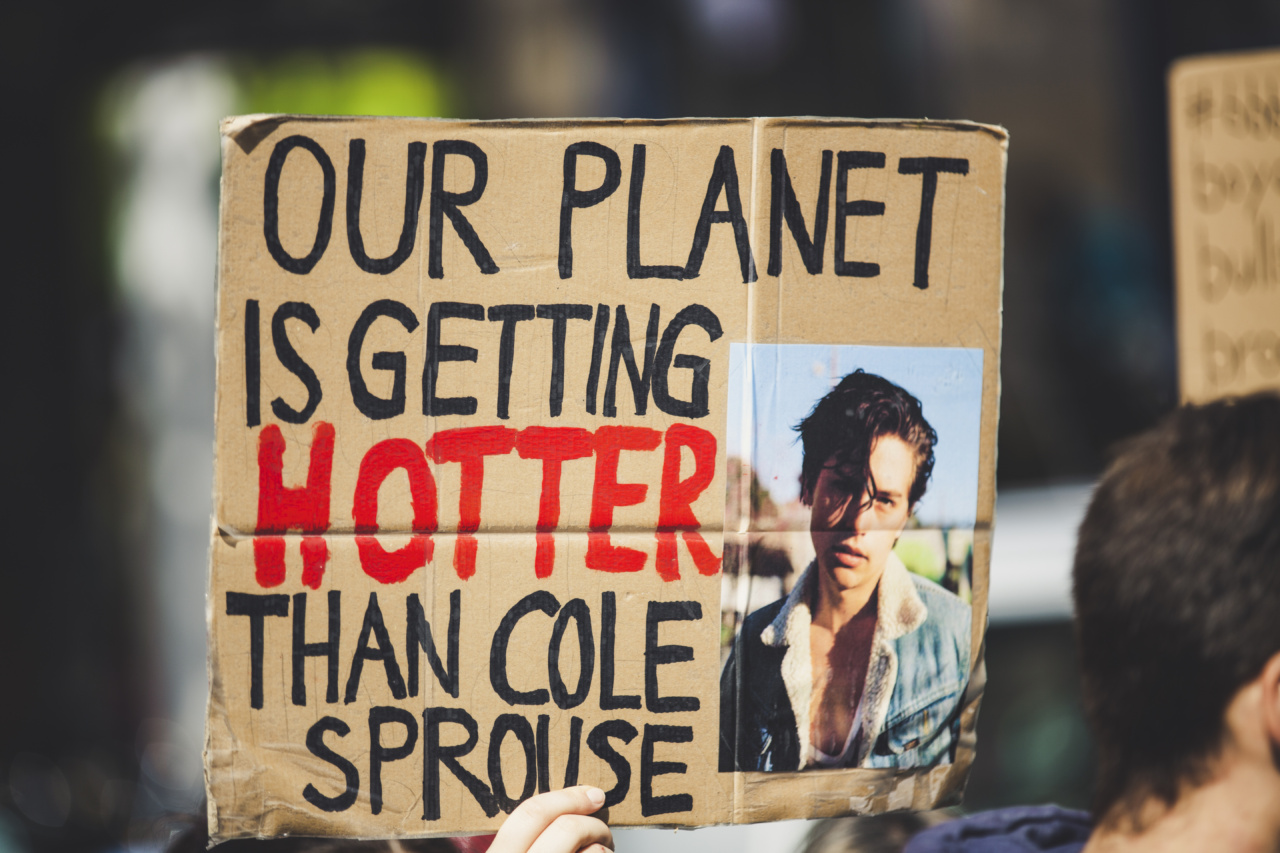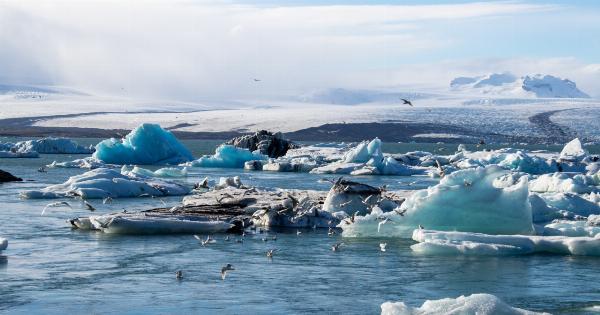Climate change is a global phenomenon that affects the entire planet, but its impact is felt most strongly by the vast majority of the Earth’s population.
From rising temperatures to extreme weather events, the consequences of climate change are far-reaching and have the potential to disrupt ecosystems, economies, and societies.
The Science of Climate Change
Scientists have established an overwhelming consensus that climate change is primarily caused by human activities, particularly the burning of fossil fuels and the release of greenhouse gases into the atmosphere.
These emissions trap heat from the sun, leading to a gradual increase in global temperatures—a phenomenon often referred to as global warming.
Rising Temperatures and Heatwaves
One of the most noticeable effects of climate change is the steady rise in global temperatures. Over the past century, the average temperature of the Earth’s surface has increased by approximately 1 degree Celsius.
While this may seem like a small change, it has significant implications for the planet and its inhabitants.
As temperatures rise, heatwaves become more frequent and intense, posing a serious threat to human health.
Heat-related illnesses and deaths increase during periods of extreme heat, especially among vulnerable groups such as the elderly, children, and those with pre-existing health conditions. Additionally, heatwaves can lead to crop failures, droughts, and water scarcity, further exacerbating food and water insecurities in many regions.
Changing Weather Patterns and Extreme Weather Events
Climate change is also altering weather patterns, leading to increased frequency and intensity of extreme weather events such as hurricanes, typhoons, floods, and droughts.
These events can have devastating consequences for both human and natural systems.
Flooding caused by heavy rainfall can destroy homes, infrastructure, and agricultural land, displacing communities and disrupting economies.
Droughts, on the other hand, can lead to water scarcity, crop failures, and famine, affecting the livelihoods and food security of millions of people.
The increasing intensity of hurricanes and typhoons poses a significant threat to coastal communities.
Rising sea levels and warmer ocean temperatures provide the ideal conditions for these storms to develop and intensify, resulting in more destructive impacts such as storm surges and coastal erosion.
Impacts on Ecosystems and Biodiversity
Climate change is not only affecting human populations but also having a profound impact on ecosystems and biodiversity.
Many species are struggling to adapt to the rapidly changing conditions, leading to habitat loss and endangerment of numerous plant and animal species.
As temperatures rise, many wildlife species are forced to migrate to more suitable habitats. However, the speed at which climate change is occurring often exceeds the ability of ecosystems to adjust, resulting in disruptions to ecological balance.
This can have cascading effects throughout the food chain, ultimately leading to a loss of biodiversity and ecosystem services.
Rising Sea Levels and Coastal Vulnerability
Sea levels have been rising steadily as a result of global warming and the melting of ice caps and glaciers. This poses a significant threat to coastal communities, especially those in low-lying areas and small island nations.
As sea levels rise, coastal erosion becomes more severe, leading to the loss of land and increased vulnerability to storm surges.
Many coastal cities and towns are already experiencing regular flooding, and the situation is expected to worsen in the coming decades.
The displacement of people due to sea-level rise is a pressing issue. It is estimated that hundreds of millions of people could be displaced by 2100 if emissions continue at current rates.
This not only leads to the loss of homes and livelihoods but also contributes to social and economic instability.
Disproportionate Impacts on Developing Countries
While climate change affects the entire planet, its impacts are not evenly distributed. Developing countries, which often have limited resources and infrastructure, are disproportionately affected by the consequences of climate change.
These countries often have fragile ecosystems and economies that are highly dependent on climate-sensitive sectors such as agriculture and tourism.
Changes in temperature and precipitation patterns can cause widespread food insecurity, economic losses, and increased vulnerability to natural disasters.
Furthermore, developing countries often lack the necessary resources to adapt to and mitigate the impacts of climate change. This creates a cycle of vulnerability and exacerbates existing social and economic inequalities.
The Need for Urgent Action
The impacts of climate change are already being felt by the vast majority of the Earth’s population, and if left unchecked, they will only worsen in the future.
Urgent action is needed to mitigate greenhouse gas emissions and adapt to the changing climate.
Transitioning to renewable energy sources, improving energy efficiency, and adopting sustainable agricultural practices are some of the steps that can be taken to reduce greenhouse gas emissions.
Additionally, investing in climate resilience and adaptation measures can help communities and ecosystems better cope with the impacts of climate change.
Conclusion
Climate change is a global issue that impacts the vast majority of the Earth’s population.
Rising temperatures, changing weather patterns, and rising sea levels are just a few of the consequences of climate change that pose significant challenges to society, the environment, and the economy.
The need for urgent action to address climate change is clear. By reducing greenhouse gas emissions, adapting to the changing climate, and supporting vulnerable communities, we can work towards a more sustainable and resilient future for our planet.




























